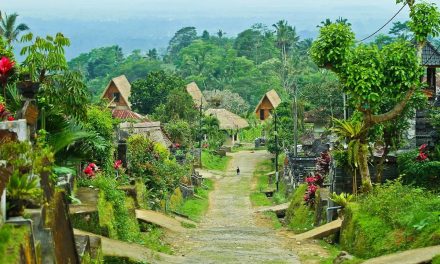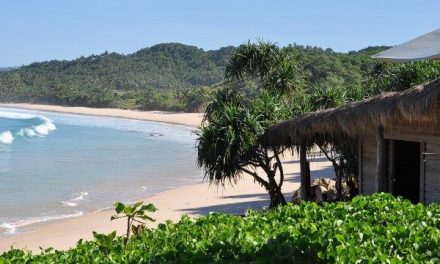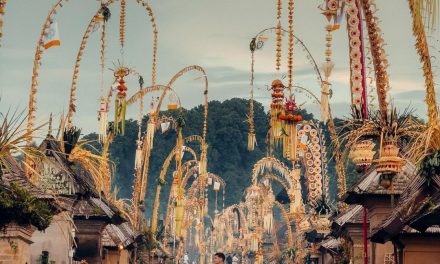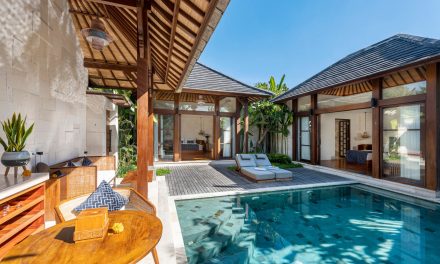The Badung Regency Government has officially announced the acquisition of the land where the former Sari Club once stood, paving the way for the establishment of the Bali Peace Park Museum.
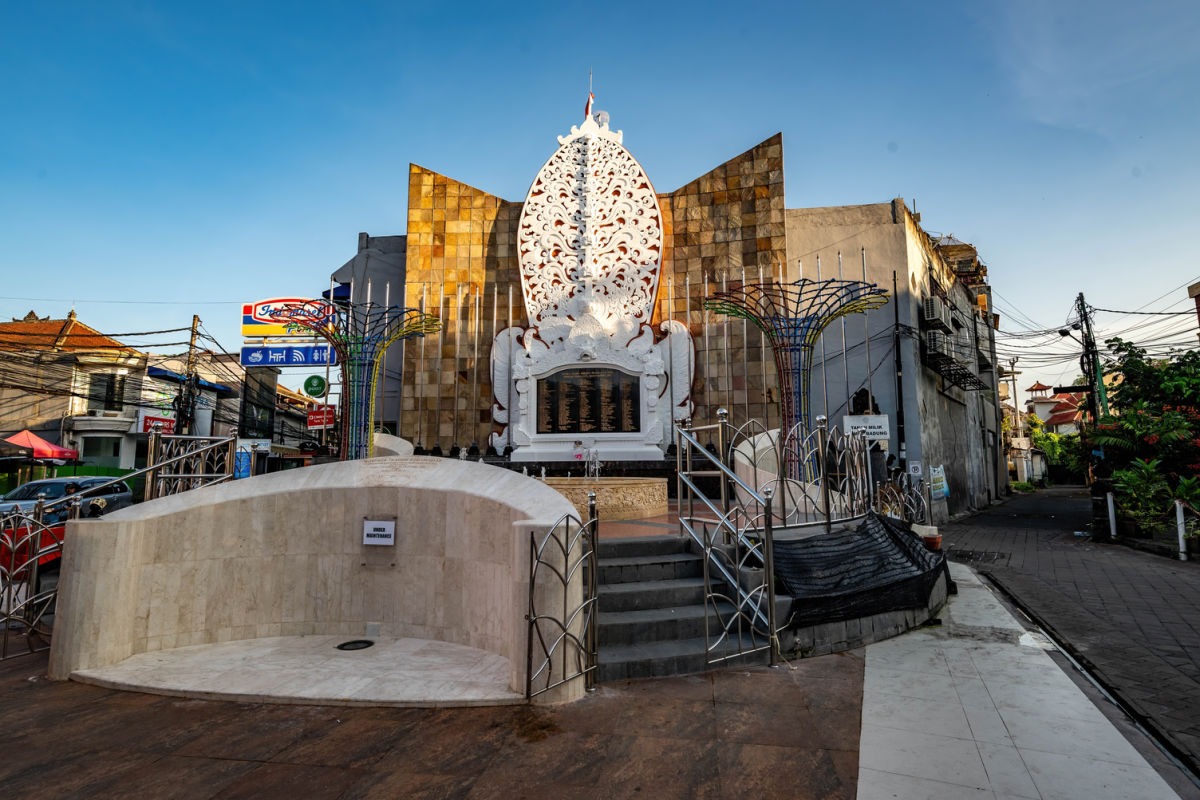
This 0.15-hectare site, previously home to small market traders, will now serve as a memorial dedicated to the tragic events of the 2002 Bali Bombings.
A Tribute to Resilience and Reflection
According to Gede Eka Sudarwitha, the Head of the Badung Regency Culture Office, the government finalized the purchase of the site in December 2024. It’s an investment of IDR 60 billion aimed at creating a space that not only commemorates the past but also promotes peace.
Sudarwitha emphasizes, “This museum will not just be a space for reflection but also a beacon of peace.” This sentiment is something I can deeply relate to; when I visited memorial sites in other countries, I felt a profound connection to the resilience of the human spirit. These spaces foster understanding and remembrance, allowing people to process their emotions together.
Progress and Future Plans
Sudarwitha further explained, “We are currently in the Detail Engineering Design phase, which we expect to complete within this year. If all proceeds as planned, construction will commence in 2026.” Imagine witnessing the transition from a site of tragedy to one that embodies hope and peace.
Fostering Peace and Tolerance
The vision for the Bali Peace Park Museum extends beyond mere remembrance of the bombings. It aims to actively cultivate the values of peace and tolerance across all segments of society. Sudarwitha shared, “We want to instill the importance of living side by side in peace and respecting differences.” This message resonates deeply, reminding us all how vital it is to embrace and understand one another despite our varying backgrounds.
Even the Chairman of the Badung Regency DPRD, I Gusti Anom Gumanti, has voiced his unwavering support for the project, stating, “This museum will house crucial documents related to the tragedy, serving as a reminder for future generations to uphold peace.” Such words reflect the importance of learning from history to enrich our present and future.
Gumati added, “With this museum, we aim to ensure that the values of humanity and peace never fade.” Such an endeavor invites us to reflect on our roles in fostering harmony in our communities.
Paying Tribute to the Lives Lost
The Bali Peace Park Museum will be financed through the 2026 Badung Regency Regional Budget and is expected to become not only an educational facility but also a symbol of peace on a global scale.
The tragic events of the 2002 Bali Bombings remain a stark reminder in Indonesian history. On the evening of October 12, 2002, this heart-wrenching attack resulted in the loss of 202 lives, including 88 Australians, many of whom were enjoying their vacation in Bali.
In the aftermath, the Bali Bombing Memorial was erected at Ground Zero, serving as a poignant tribute to those who perished. Visiting such memorials has always struck me—there’s something incredibly moving about pausing in a space dedicated to remembering lives lost. It’s a place for contemplation and connection.
Every year on the anniversary of the bombings, a remembrance ceremony takes place at the memorial, drawing tourists and locals alike who wish to pay their respects, illustrating the enduring impact of this tragedy on both the island and its visitors.
Building Bridges to a Peaceful Future
The Bali Peace Park Project aims to unite individuals from various backgrounds in a serene environment, allowing them to reflect and find solace. “The Bali Peace Park Project will honor those lost and injured,” they explain, “creating a tranquil greenspace where people from all nations, ethnicities, and religions can come together.” This initiative speaks volumes about the collective desire for harmony across cultures.
The memory of the Bali Bombing will forever be etched in the hearts of the Balinese people. During the 21st anniversary commemoration in October 2023, Acting Governor Sang Made Mahendra Jaya made powerful statements urging forgiveness and unity. He said, “Let’s make peace with the past, forgive, and build a better future together.” His words resonated with many, reminding us that healing comes through understanding and love.
As we look forward to the completion of the Bali Peace Park Museum, I can’t help but feel a sense of hope. In an era where divisiveness often prevails, spaces that promote peace and reflection can empower us to embrace our common humanity. Let’s all take an active role in building a future that honors both our painful pasts and our shared hopes for peace.


